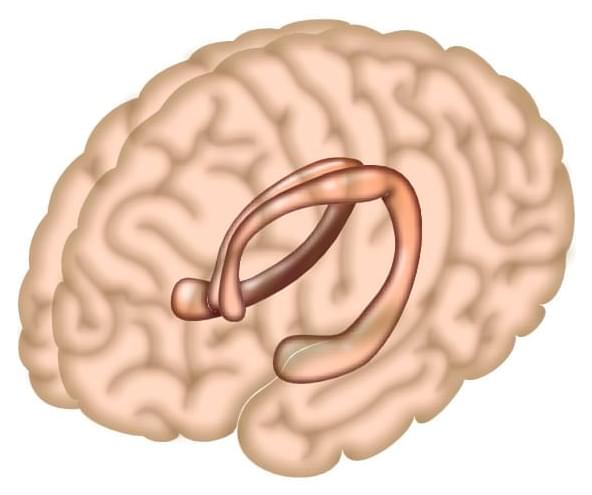Let’s say you typically eat eggs for breakfast but were running late and ate cereal. As you crunched on a spoonful of Raisin Bran, other contextual similarities remained: You ate at the same table, at the same time, preparing to go to the same job. When someone asks later what you had for breakfast, you incorrectly remember eating eggs.
This would be a real-world example of a false memory. But what happens in your brain before recalling eggs, compared to what would happen if you correctly recalled cereal?
In a paper published in Proceedings of the National Academy of Sciences, University of Pennsylvania neuroscientists show for the first time that electrical signals in the human hippocampus differ immediately before recollection of true and false memories. They also found that low-frequency activity in the hippocampus decreases as a function of contextual similarity between a falsely recalled word and the target word.
